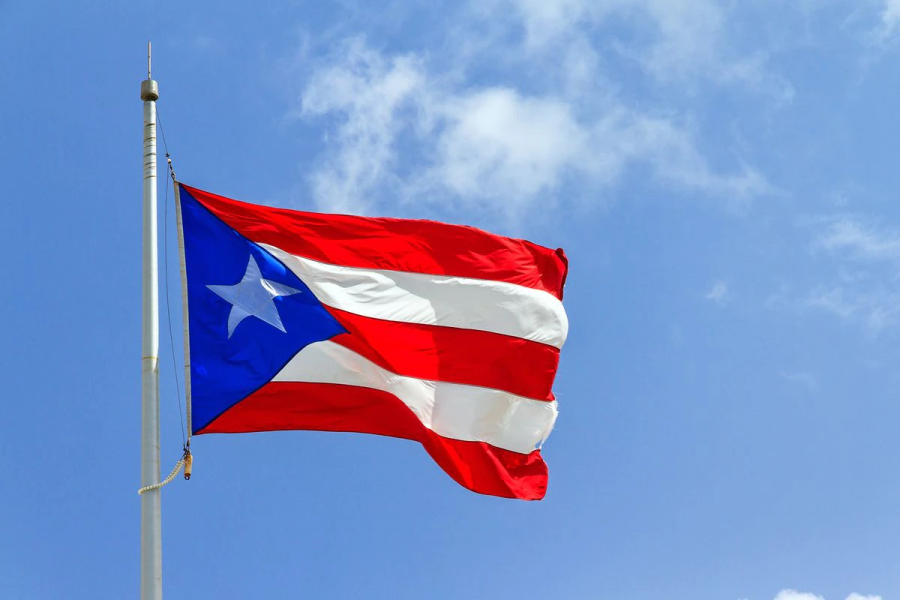Puerto Rico Restructuring Plan
January 28, 2022
Puerto Rico has been in bankruptcy for five years, starting May 2017 and has spiraled out of control since. The territory reached a dangerously high $120 billion in debt, surpassing Detroit at $18 billion. The debt piled on for years including the economic hits from hurricanes Irma and Maria along with the coronavirus pandemic. But, as of January 18, 2022 all of that changed.
When Puerto Rico declared bankruptcy in May 2017, it had more than $70 billion in bond debt and more than $50 billion in unfunded pension obligations to public workers. But the restructuring plan will reduce the largest portion of the debt by about 80% to %7.4 billion. The plan also will save the government more than $50 billion in debt payments. From the New York Times interview with Natalie A. Jaresko, “Today is truly a momentous day, and it is a new day for Puerto Rico.” Ms. Jaresko has been overseeing this crisis since 2016 and is relieved to have the plan pass saying, “This period of financial crisis is coming to an end.”
The judge who passed this plan was Judge Laura Taylor Swain of the Federal District Court for the Southern District of New York, who noted that some creditors wanted to stop the plan. She also wrote that the plan would “enable the commonwealth to provide future public services and remain a viable public entity.” She presided over the hearings dating all the way back to November and including some in San Juan, Puerto Rico’s capital. Since her decision, there has been backlash from the Puerto Ricans.
As this has been a controversial topic, a campaign manager for the Center for Popular Democracy, a left leaning advocacy organization, Julio Lopez Varona attacked the plan and claimed it was terrible for the average Puerto Rican. He claimed there will be more budget cuts, more hiking up prices on services and that “we know it’s an unsustainable deal. Many, many economists have said Puerto Rico is not cutting enough debt. It’s a recipe for disaster.” Other Puerto Ricans like Professor Jose Caraballo-Cuerto at the University of Puerto Rico, said that “What’s happening to the general fund will translate to more austerity measures to essential services or high taxes to make the payments.”
The board addressed these concerns. The chairman, David A. Skeel Jr. says that the critics have not read the plan. “This is absolutely sustainable, it’s not going to lead to more cuts. I really think there’s a lot of misimpression out there.”



